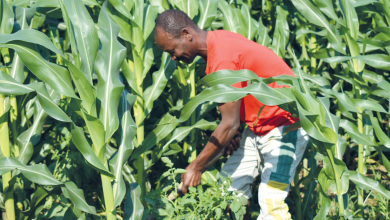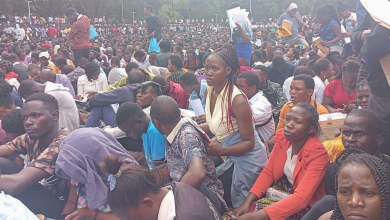Election tech helps democracy work
First, let me congratulate Professor Arthur Peter Mutharika for his overwhelming victory of the 16th September, 2025 General Elections with a clear 57 percent majority vote.
The election has delivered a powerful message to the world: Peaceful democratic transitions are possible and Malawi is leading the way without another poll annulled or marred with violence.
When then sitting president Lazarus Chakwera conceded defeat before the official tally was even declared, it was more than political grace—it was a declaration of trust in institutions and an endorsement of the system that produced the results.
That system—a blend of old and new, paper and digital, human and machine—may have just raised the bar for African elections.
Of course, Malawians did not vote on screens. They still marked paper ballots, still watched local officials count votes in dim lights from lamps borrowed from Zimbabwe and waited for pen-and-paper tally sheets to arrive at the national tally centre before commissioners could determine the winner.
Complementing this process, technology created a transparency trail that is difficult to ignore.
Every polling station produced signed results sheets. Each was scanned, transmitted electronically and carried physically up the chain to constituency, district and national tally centres. If the numbers didn’t match, it showed.
On top of that, biometric devices verified voter identities, limiting fraud. And when fingerprints failed—as they often do for farmers, the elderly or people with disabilities—there were backup options: ID scans, facial recognition or manual checks.
In other words: safeguards against exclusion, not excuses for it.
Malawi’s election, as with any massive deployment of new systems, had its pains. There were connectivity issues. Party agents fought over unsealed tally kits. Regulators clamped down on media dashboards reporting live results.
But here is the remarkable thing: the system held. Paper and digital records cross-checked each other. Results could be verified at multiple stages. When the political pressure reached boiling point, the incumbent walked away without disputing the process.
This is food for thought for the region.
The country has just shown its neighbours something important: legitimacy does not come from shiny gadgets or clinging to ‘tradition’, but from openness, verifiable trails and trust.
Regional election observation missions and governments are already taking note.
For some, this will be a warning: Transparent systems make it harder to game the outcome.
For others, it will be a model: a way to deliver results that even losers can live with.
Of course, one concession does not guarantee a democratic renaissance. Technology is only as good as the hands and institutions that guard it.
If future governments weaken the audit trail or politicise the electoral commission, today’s triumph could quickly become tomorrow’s cautionary tale.
But for now, Malawi has given us a glimpse of the future: A democracy made stronger, not weaker, by the careful use of technology.
The takeaway is mouth-watering: Elections do not have to end in courtroom battles or street protests. They can end with a handshake, a concession and a transfer of power.
Technology cannot create that outcome on its own, but can make it harder to deny when the people have spoken.
Kudos to the Malawi Electoral Commission chairperson Justice Annabel Mtalimanja and her team for maintaining the highest standards of integrity, transparency and professionalism throughout the electoral process.
Malawians have spoken and all powers that be listened. As for Mutharika’s Democratic Progressive Party (DPP) and all those who fiercely opposed the deployment of technology, your guess is as good as mine: Technology does not rig elections, but users can.
As for the governing party, you have found a country on its knees riddled with multiple problems—rising inflation, massive debt burden, worsening hunger, crippling fuel shortages, acute forex shortages and persistent power outages…
Fix the nation



